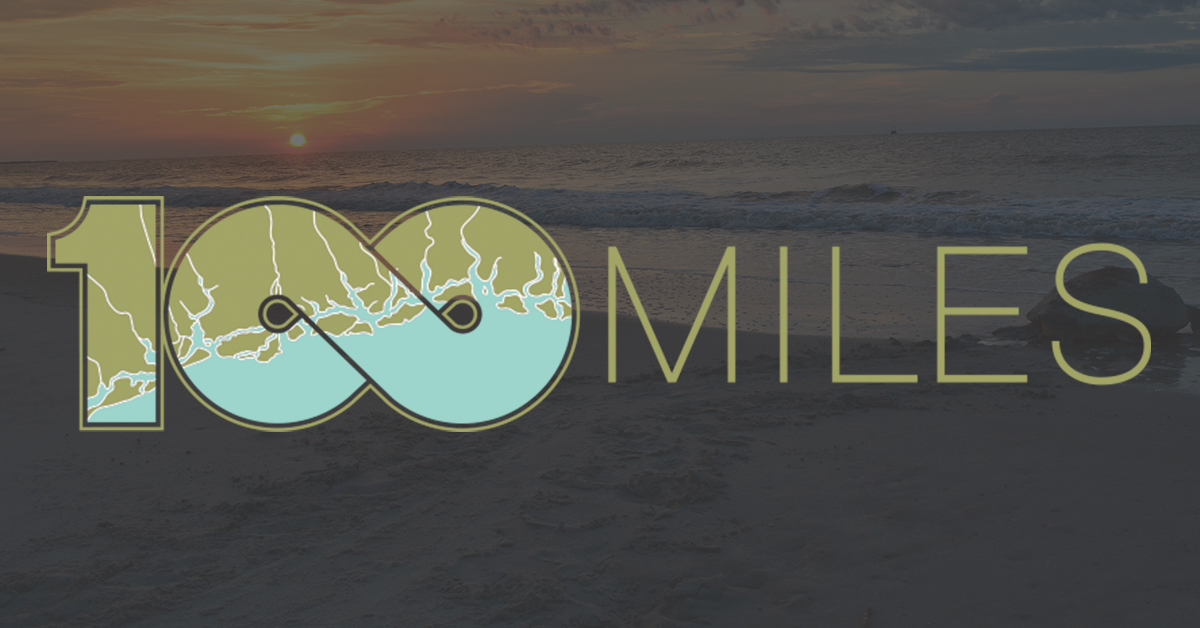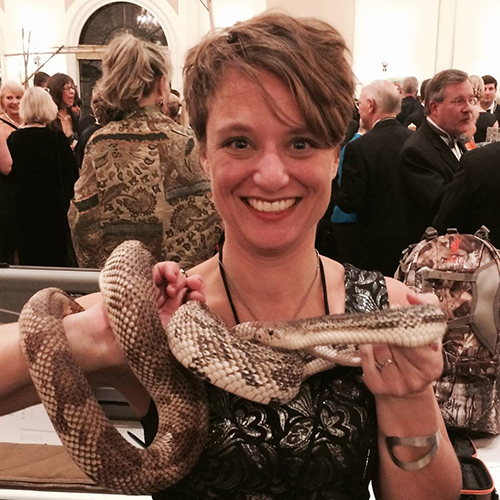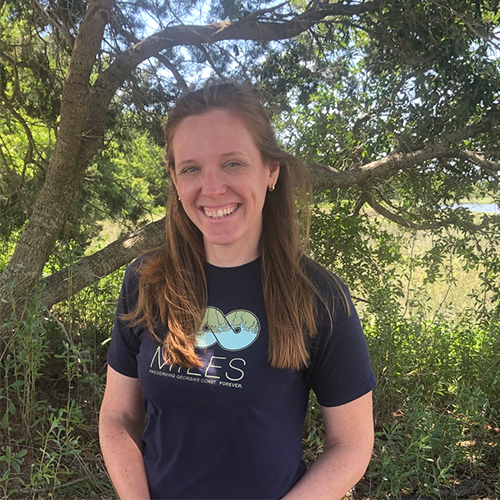OHM and Environmental Injustice
For the past three years, One Hundred Miles has been on a quest to build new partnerships with people and organizations fighting for the rights and well-being of people across our coast. To fulfill our mission, we recognize that OHM needs to be more inclusive as we work to achieve our mission-related goals through advocacy and education. In addition, we must seek to understand and address the history of environmental racism that has inequitably impacted communities where Black and Brown people live.
This new justice paradigm is guided by two overarching principles.
1. Pollution and other environmental problems disproportionately and discriminately impact people of color and people living in poverty.
Example: We’ve been working to influence the cleanup of our superfund sites in Brunswick since 2014. Our position has been that the EPA needs to force the polluters to completely remove the contamination from our “environment.” Unfortunately, we’ve learned through the years that if we only talk about our water, air, marshes, and fish, we only address part of the problem. People have been suffering from and living with contamination in their bodies for decades. Talking about cleaning up our “natural environment” just simply isn’t enough.
Earlier this year, we partnered with local community and health care groups to invite researchers from Emory University to Brunswick, Georgia: home of 25% of the Superfund sites in the state. They offered blood testing for 100 residents who have lived here for 40 or more years, looking for lead, mercury, arsenic, cadmium, PCBs, PFAS, and toxaphene. The aggregate study results revealed that many of these participants have significantly higher levels of the contaminants in their blood than the average American—especially the chemicals that were used here in Brunswick. You can learn more about the study and results here.
The results need to be peer reviewed. The group plans to apply for funding for a bigger sample size. Once we better understand the data, we can work to adequately address the historical environmental injustices that have significantly disproportionately impacted our communities of color.
2. The condition of generational poverty results in environmental degradation.
Example: Last month the McIntosh County Commission voted to allow larger and taller homes, double the allowable size of existing homes, to be built in the historic community of Hog(g) Hummock (also known as Hog Hammock) on Sapelo Island, the last Saltwater/Gullah Geechee community on a barrier island in the state of Georgia. Over the last few decades, the community has dwindled from hundreds of residents to a few dozen today. The lack of well-paying job opportunities on Sapelo Island is one reason. Another is an encroachment of wealthier landowners who have purchased property on the island to build second homes. This new construction drives up property values and makes property taxes unaffordable for many long-time legacy Saltwater/Gullah Geechee residents.
In 1996, when McIntosh County first passed zoning for historic Hogg Hummock, one of the stated intentions of the restrictive zoning was to address the “threat from land speculators and housing forms” and to prevent development in Hogg Hummock from “contribute(ing) to land value increases which could force removal of the” Saltwater/Gullah Geechee people. Now, officials in McIntosh County have abandoned the goal of keeping Georgia’s last barrier island Saltwater/Gullah Geechee community intact. The new zoning sacrifices the unique and intrinsically powerful Geechee culture, community, and natural ecological infrastructure and environment of Sapelo Island for a beach community that looks like the many other beach communities on the East Coast.
OHM and our partners on Sapelo, Sapelo Island Cultural & Revitalization Society (SICARS), Save Our Legacy Ourself (SOLO), and Hog Hammock Community Foundation, are fighting this zoning change. Supported by the Southern Poverty Law Center (SPLC) and Bondurant Mixon & Elmore (BME), Hogg Hummock community members will be appealing the zoning decision today, exactly one month from this detrimental vote.
One Hundred Miles has also initiated a repeal petition. The first successful repeal effort in the state of Georgia occurred a few years ago, when OHM helped Camden County residents stop Spaceport Camden, and we believe we can do the same in McIntosh alongside our Sapelo partners. We are currently working to collect 2,200 signatures. You can learn more about the petition drive and how to further support our partners here.
These are complicated issues to tackle. They require a commitment to the well-being of both humans and nature as well as an acknowledgement of the broken decision-making processes that are currently being executed within our government. As we move into a new decade at OHM and begin work on our next strategic plan, we believe the only solution to these difficult issues is to build more partnerships, make more connections, find common ground with new allies, and address the issue of environmental injustice head on. Our work is about painted buntings and sea turtles, yes. But it is also about people who need to drink clean water, breathe clean air, and who have been connected to our landscapes for generations.
Thank you for all you do!
Megan
P.S. Check out our FY2023 Annual Report for more information about these and other examples of our work.











